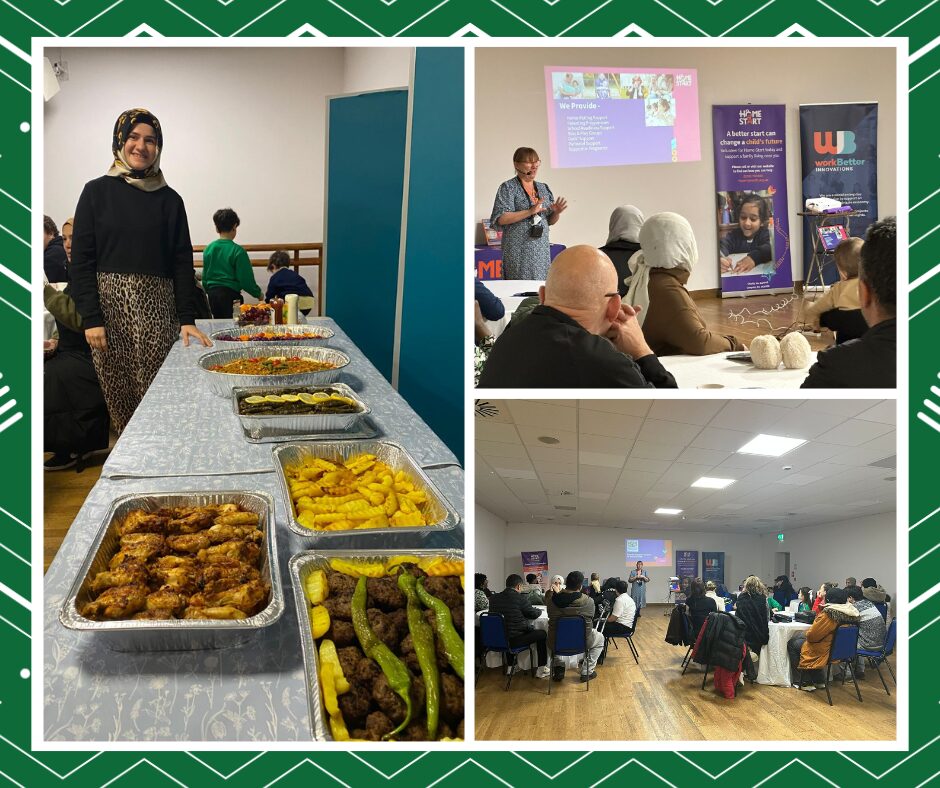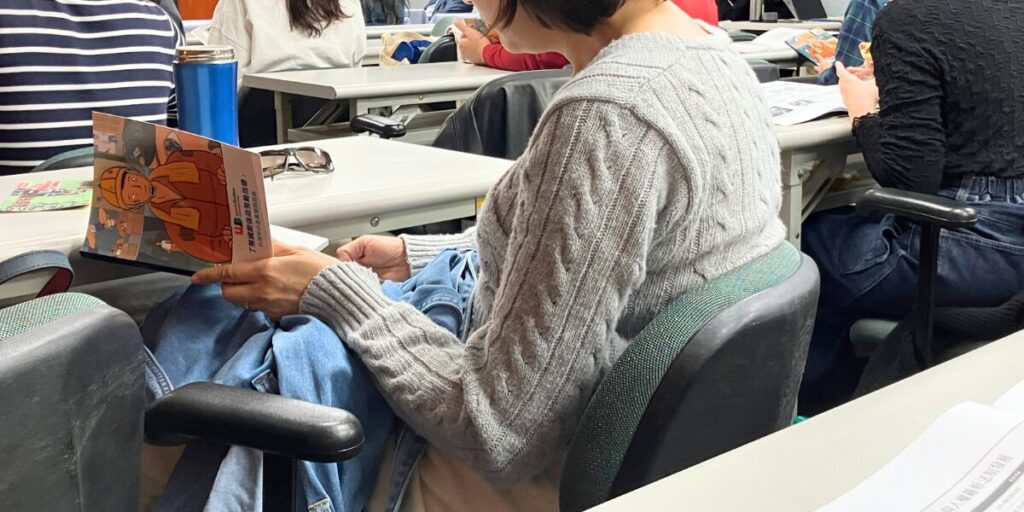17 January 2025. WBI is honoured to have received a grant from the Equality and Human Rights Commission, one of the UK’s national human rights institutions. This grant supports the participation of refugees and migrants in the review of the UK’s implementation of a core human rights treaty at the UN in Geneva in February. Together with the Southeast and East Asian Centre (SEEAC), we submitted a joint report to the UN with our recommendations for areas of improvements for the UK Government.
SEEAC is a community organisation led by and for migrants, refugees, and asylum seekers from Southeast and East Asia. It provides frontline support and services and advocates for solutions to the intersectional challenges faced by marginalised groups, including migrant workers in the UK, on issues such as employment, wellbeing and mental health, welfare, immigration, and discrimination.
Why is this human rights treaty important?
The International Covenant on Economic, Social and Cultural Rights (ICESCR), adopted in 1966 and ratified by the UK in 1976, is one of the earliest human rights treaties. Along with the 1948 Universal Declaration on Human Rights and the International Covenant on Civil and Political, the ICESCR is a foundational pillar to the International Bill of Human Rights. It requires states parties to protect individuals’ economic, social, and cultural rights.
States that have ratified the ICESCR are regularly reviewed by a body of UN human rights experts on their implementation of the treaty. For the UK, this will be the 7th time this review has taken place; the UK last submitted its report in June 2014.
Civil society organisation reports provide valuable insights into a state’s implementation of human rights treaties. These reports amplify grassroots voices and promote transparency and inclusivity.
Our Key Recommendations
Our report and recommendations focused on (1) General Comment No. 24 (2017) on state obligations in the context of business activities; (2) Article 7 on the right to just and favourable conditions of work; and (3) Article 12 on the right to physical and mental health.
We call on the UK Government, under the protection of rights in the context of business activities, to:
- Adopt legislation to require business enterprises to exercise human rights due diligence;
- Update and strengthen the UK Modern Slavery Act 2015 to be fit-for-purpose to meet growing global expectation for human rights due diligence; and
- Deliver a national baseline assessment for the implementation of the UNGPs and update the UK’s National Action Plan on Business and Human Rights.
We call on the UK Government, under Article 7 on the right to just and favourable conditions of work, to:
- Eliminate the charging of all recruitment fees and related costs to migrant workers in the UK;
- Ensure the effective enforcement of the legal and policy framework of responsible labour recruitment; and
- Permit migrant workers to change their employers and report labour abuses without fear of risking their status, and ensure their access to remedy.
We call on the UK Government, under Article 12 on the right to physical and mental health, to:
- Support and engage local communities to co-design and deliver health services through community-based participatory research;
- Ensure primary care adhere to national guidelines to not deter individuals from access and that such information is widely shared; and
- Establish health inequalities leads to mainstream lessons learnt on reducing disparities in health outcomes for marginalised populations.
Sustainable progress in the enjoyment of economic, social, and cultural rights stems from active and meaningful collaboration among governments, businesses, local partners, and other stakeholders. This principle is deeply rooted in the experiences of WBI and SEEAC working with refugees, asylum seekers and migrants.
We are grateful to the Equality and Human Rights Commission for supporting our work; and also thank SEEAC for joining us on this reporting.
🔗 You can access the full report here.






